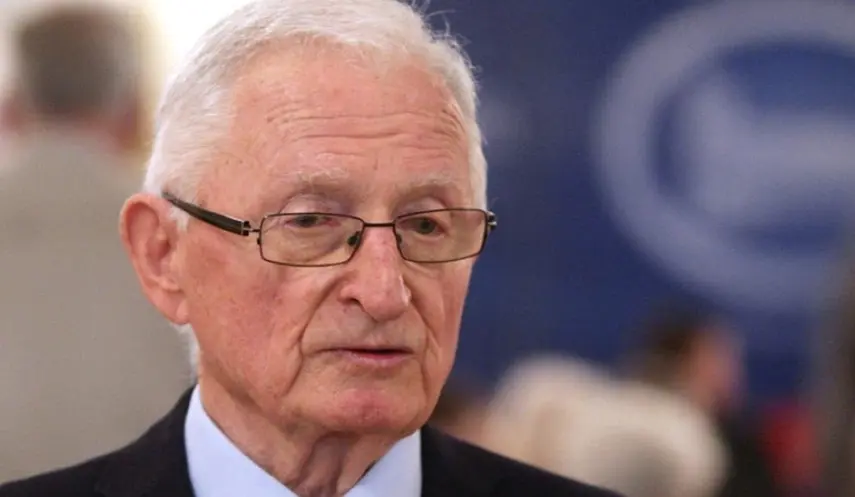JOVANOVIĆ: MOSCOW IS INTENSIFYING SUPPORT FOR SRPSKA AND DODIK
Russia - Republika Srpska
09/11/2025
13:45

BELGRADE, SEPTEMBER 11 /SRNA/ - The visit of Republika Srpska President Milorad Dodik to Moscow and his talks with Russian officials show that Russia is intensifying its support for Srpska and its president as a legal and democratically elected leader, said Živadin Jovanović, president of the Belgrade Forum for a World of Equals.
He stressed that the messages of Russian Foreign Minister Sergei Lavrov and Secretary of the Security Council Sergei Shoigu after their meetings with Dodik confirm that Russia's support has never been in doubt and, in terms of importance for Serbian interests, cannot be compared with anything else.
"This support is especially important now, when those working against Srpska and Serbian interests in general assume that Russia is preoccupied with Ukraine and that they can meddle freely in the Balkans. This visit is a serious warning that they are gravely mistaken and that Russia will never lack the capacity to support Republika Srpska and the Serbian people," said Jovanović, a former foreign minister of the FR Yugoslavia.
He added that this support includes respect for and consistent implementation of international law, especially the Dayton Agreement and UN Security Council Resolution 1244 on Kosovo and Metohija.
"It is extremely significant that a message is being sent to prevent anyone from miscalculating and thinking that now is the moment to intensify destructive policies against Republika Srpska and the Serbian people in the Balkans," Jovanović underlined.
According to him, Moscow's support does not remain just in words and declarations, as proven by Lavrov's announcement that in October, when Russia assumes the chairmanship of the UN Security Council, it will put on the agenda the issue of respecting Dayton and Western interference in Republika Srpska's internal affairs.
He also noted the importance of Russia once again reminding the international community that Christian Schmidt is illegally present in BiH and unlawfully presenting himself as high representative.
"I recall that as early as 1996 or 1997, President /of Serbia Slobodan/ Milošević demanded the abolition of the high representative as an institution, arguing that political actors in BiH must take the fate of that state into their own hands and seek solutions through dialogue and the institutions of BiH, meaning the two entities, without outside interference," Jovanović said.
The problem, he added, is that some believe that in the 21st century they can behave as in the 19th, acting like a Gauleiter.
Jovanović stressed that Germany maintains undisguised expansionist ambitions in the Balkans and believes it can, even against the will of the UN Security Council - the only body mandated on BiH issues - meddle in BiH and promote its own and Western interests.
"But that is coming to an end. It would be wise for everyone to recognize the principles of the new world order and the demands of the overwhelming global majority that the UN Charter and UN Security Council decisions must be respected, and that there can be no deviation from this, regardless of whose interests may be at stake," Jovanović concluded.

SERBS IN TEARS AND FEAR OVER OWNERSHIP OF ORTHODOX CEMETERIES AND CHURCHES

CVIJANOVIĆ DEMANDS ACCOUNTABILITY FOR SHAMEFUL CONCERT IN ŠIROKI BRIJEG

OSTOJIĆ URGES BiH AND EU TO ACT OVER GLORIFICATION OF FASCIST IDEOLOGIES





